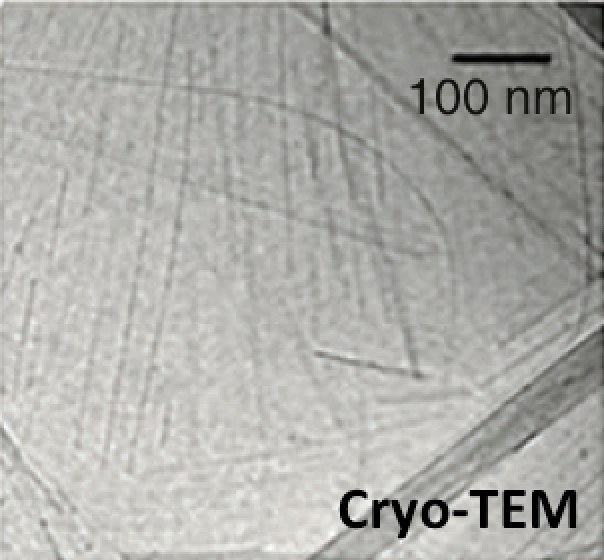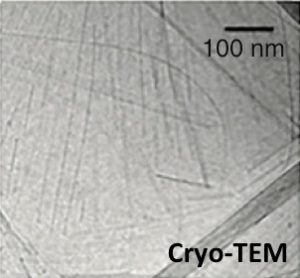Andrés Marcoleta, Frank Wien, Véronique Arluison, Rosalba Lagos, Rafael Giraldo
Bacterial Amyloids (2019)
Amyloids are supramolecular protein assemblies based on fibrillar arrangements of β‐sheets that were first found as linked to neurodegenerative and systemic human diseases. However, there is now overwhelming evidence on alternative roles of amyloids as functional assemblies and as epigenetic determinants of beneficial traits, both in Fungi and Metazoa. Bacteria also use amyloids as functional devices, mainly as extracellular scaffolds in biofilms, but there is increasing evidence for functional roles of amyloids in the bacterial cytosol, and these have enabled to engineer minimal models of a ‘generic’ amyloid disease. Amyloids are thus key players in the physiology of bacteria and versatile building blocks in synthetic biology.





